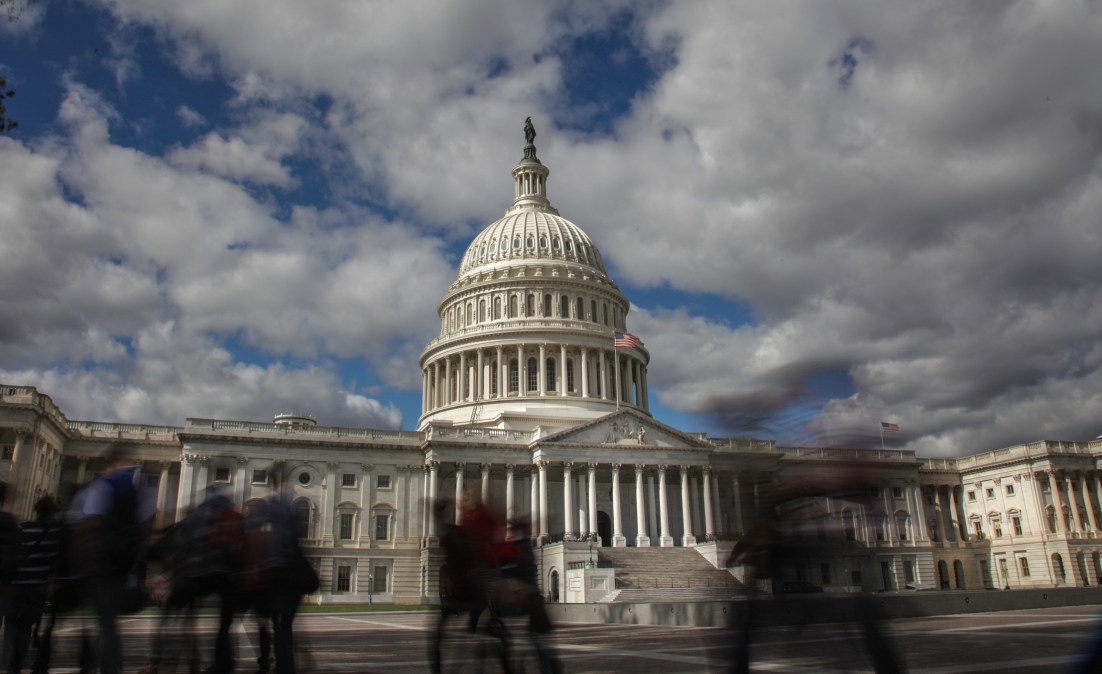Senators introduce the ‘Artificial Intelligence in Government Act’

A cadre of senators is looking to prompt the federal government to be a bit more proactive in utilizing artificial intelligence technologies.
To this end, the bipartisan group including Sens. Brian Schatz, D-Hawaii, Cory Gardner, R-Colo., Rob Portman, R-Ohio, and Kamala Harris, D-Calif., introduced the Artificial Intelligence in Government Act on Wednesday. Per a news release, the bill would seek to “improve the use of AI across the federal government by providing resources and directing federal agencies to include AI in data-related planning.”
The bill aims to do a number of things, including establishing an AI in government advisory board, directing the White House Office of Management and Budget to look into AI as part of the federal data strategy, getting the Office of Personnel Management to look at what kinds of employee skills are necessary for AI competence in government and expanding “an office” at the General Services Administration that will provide expertise, do research and “promote U.S. competitiveness.”
“Artificial intelligence has the potential to benefit society in ways we cannot imagine today,” Harris said in a statement. “We already see its immense value in applications as diverse as diagnosing cancer to routing vehicles. The AI in Government Act gives the federal government the tools and resources it needs to build its expertise and in partnership with industry and academia. The bill will help develop the policies to ensure that society reaps the benefits of these emerging technologies, while protecting people from potential risks, such as biases in AI.”
The proposed legislation is supported by a bunch of companies and advocacy groups in the tech space including BSA, the Center for Democracy and Technology, the Information Technology and Innovation Foundation, Intel, the Internet Association, the Lincoln Network, Microsoft, the Niskanen Center, and the R Street Institute.
The senators are hardly alone in their conviction that AI will be a powerful tool for government. At a summit in May, the White House Office of Science and Technology Policy created a Select Committee on artificial intelligence, comprised of senior research and development officials from across the government.
“As artificial intelligence transforms everything from agriculture to manufacturing to transportation, the potential for AI remains breathtaking,” Michael Kratsios, deputy CTO at the White House Office of Science and Technology Policy, said in his remarks at the event. “But we cannot be passive. To realize the full potential of AI for the American people, it will require the combined efforts of industry, academia, and government.”
And just this week, Reps. Will Hurd, R-Texas, and Robin Kelly, D-Ill., made a call for an AI national strategy. Specifically, Hurd and Kelly said in comments, Congress should take a more proactive role in shaping governance around the technology.




